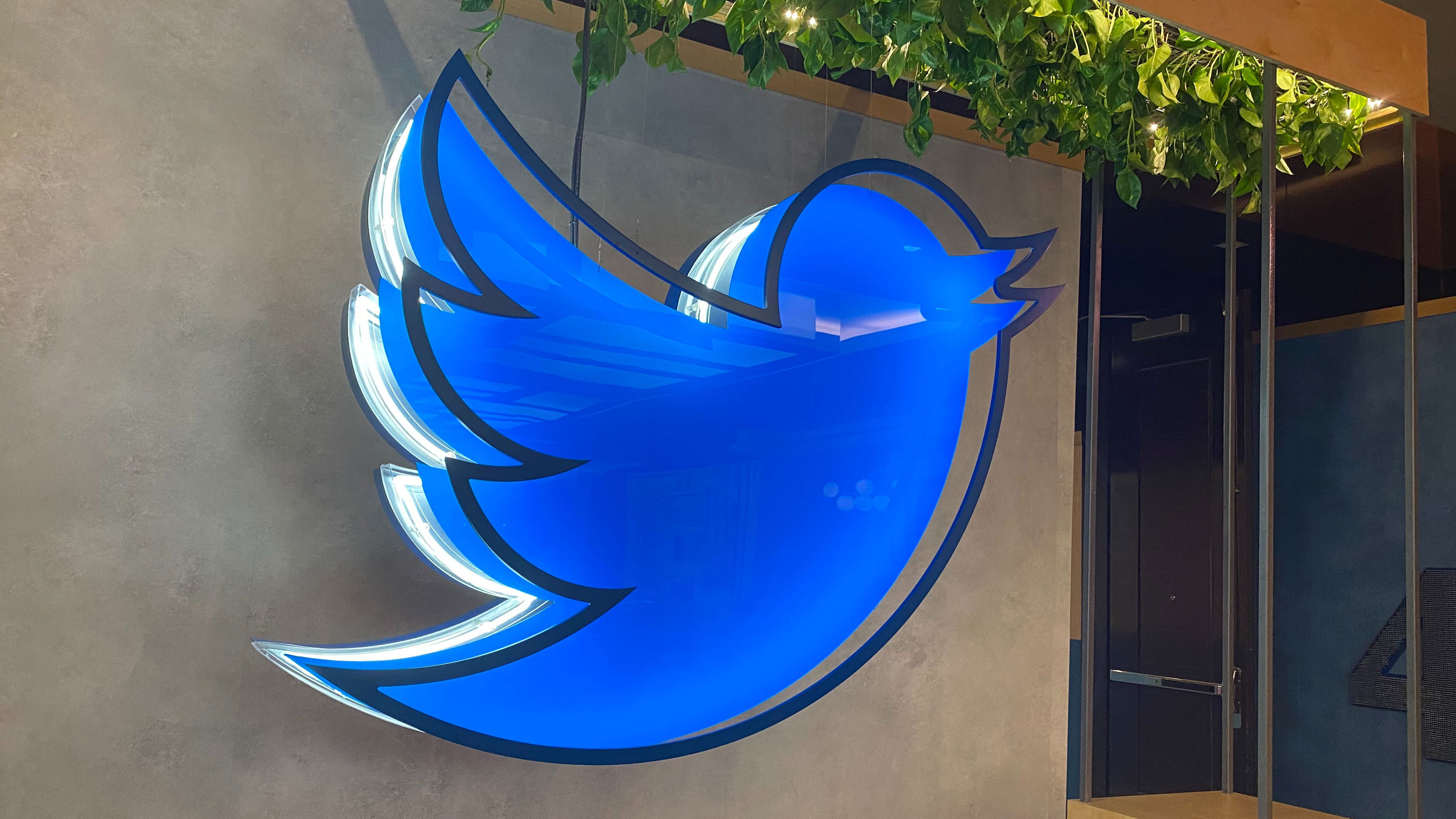
A new study analyzing tweets about COVID-19 found that users with larger social networks tend to use fewer uncivil remarks when they have more positive responses from others. The study, which used computer-assisted content analysis, is published in Cyberpsychology, Behavior, and Social Networking.
Bumsoo Kim, PhD, The Hebrew University of Jerusalem, is the author of “Effects of Social Grooming on Incivility in COVID-19.” Dr. Kim defines social grooming as building strong social ties through informational exchange and emotional support. He concluded that social network size is a negative predictor of incivility. Furthermore, the linguistic choices that a user makes also differs depending on the size of their social network.
“In a time of isolation and collective trauma, social media allows for an immediate sharing of intense emotions. Prosocial behavior and positive affect may help to promote societal resilience,” says Cyberpsychology, Behavior, and Social Networking Editor-in-Chief Brenda K. Wiederhold


Leave a Reply